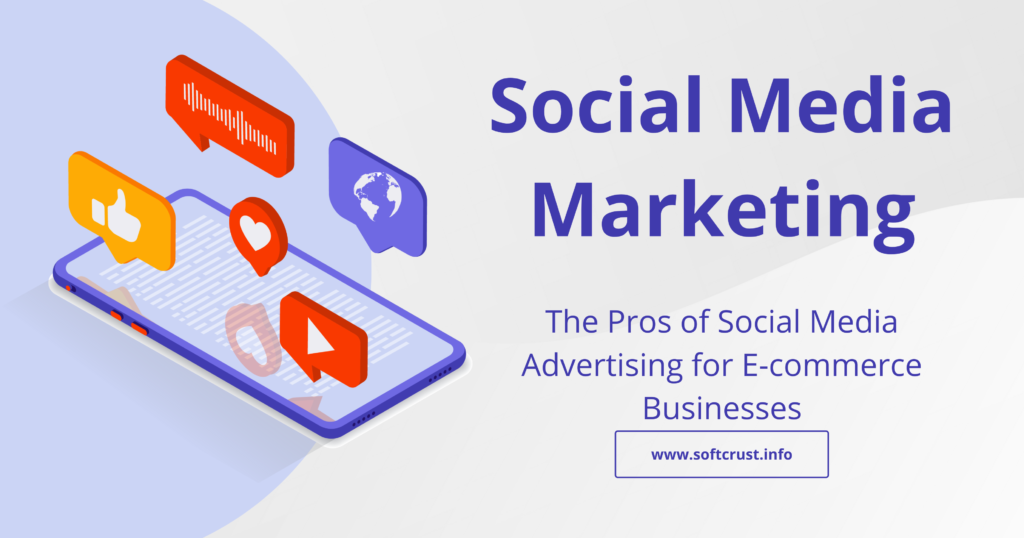
In recent years, social media advertising has become an essential component of digital marketing strategies for e-commerce businesses. With the ability to target specific demographics, retarget customers, and measure ROI, social media advertising offers a wide range of benefits. However, as with any marketing channel, there are also drawbacks and potential risks. In this article, we will explore the pros and cons of social media advertising for e-commerce businesses.
The Pros of Social Media Advertising for E-commerce Businesses
Social media advertising offers several advantages for e-commerce businesses, including:
- Targeted Advertising: Social media platforms provide detailed targeting options to reach specific audiences based on factors such as age, location, interests, and behaviors. This allows businesses to tailor their ads to the right people, increasing the chances of conversion.
- Cost-Effective: Social media advertising can be more cost-effective than other advertising channels. Many social media platforms offer self-service ad tools that allow businesses to set their own budget and bidding strategies.
- Increased Brand Awareness: Social media advertising can help e-commerce businesses increase brand awareness and reach new audiences. By using visually appealing content, businesses can attract potential customers and drive engagement.
- Retargeting: Social media platforms allow businesses to retarget customers who have shown interest in their products or services. This can increase the likelihood of conversion and generate higher ROI.
The Cons of Social Media Advertising for E-commerce Businesses
While social media advertising offers many benefits, there are also some potential drawbacks that e-commerce businesses should be aware of:
- Ad Fatigue: Social media users are exposed to a large volume of ads every day, which can lead to ad fatigue. This means that users may become less responsive to ads over time, making it more difficult for businesses to achieve their advertising goals.
- Ad Blocking: Some users choose to block ads on social media platforms, reducing the potential reach of businesses’ ads.
- Platform Changes: Social media platforms are constantly evolving, which can make it challenging for businesses to keep up with changes to advertising policies, algorithms, and best practices.
Mitigating Risks and Maximizing Benefits of Social Media Advertising for E-commerce Businesses
To mitigate the risks and maximize the benefits of social media advertising, e-commerce businesses can take the following steps:
- Diversify Advertising Channels: E-commerce businesses should not rely solely on social media advertising. Diversifying advertising channels can help businesses reach new audiences and reduce the risks associated with relying on a single platform.
- Monitor Performance Metrics: E-commerce businesses should closely monitor their social media advertising performance metrics, including engagement, click-through rates, and conversion rates. This can help businesses identify areas for improvement and optimize their ad campaigns.
- Stay Up-to-Date: E-commerce businesses should stay up-to-date on changes to social media advertising policies and algorithms. This can help businesses avoid penalties and maximize the potential of their ad campaigns.
In conclusion, social media advertising offers many benefits for e-commerce businesses, including targeted advertising, cost-effectiveness, and increased brand awareness. However, there are also potential risks, such as ad fatigue, ad blocking, and platform changes. By taking steps to mitigate these risks and maximize the benefits, e-commerce businesses can use social media advertising to drive revenue and growth.
